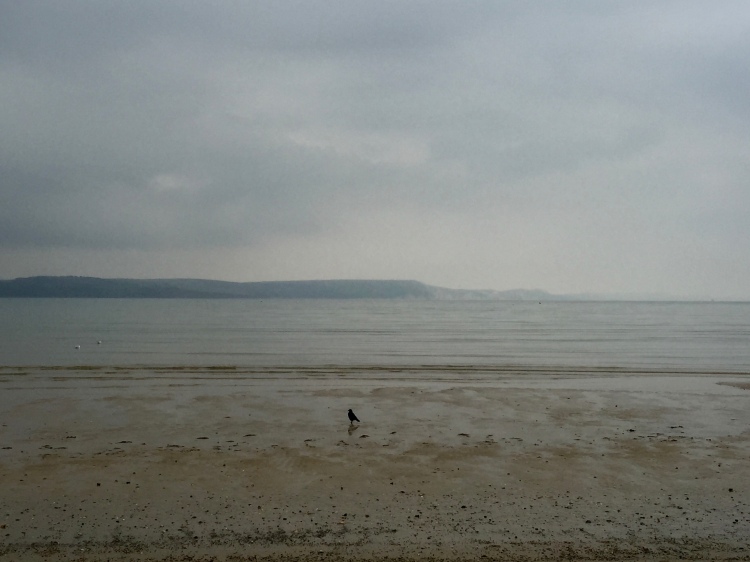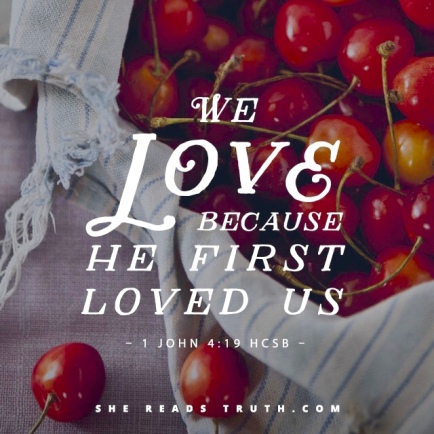Lately I have been working on a meditative translation of the New Testament letter of 1 Peter. Over the next several weeks, I plan to share my translation on my blog in short instalments, along with some reflections and questions that I am pondering in response to my study. I hope you find these helpful, and I would love to hear your thoughts in response!
Grace and peace,
~ LaRae ~
Peter, a messenger of Jesus Christ, to God’s chosen people living as foreigners, scattered throughout Pontus, Galatia, Cappadocia, Asia, and Bithynia, according to the foresight of God the Father, consecrated in the Spirit, for obedience and the sprinkling of the blood of Jesus Christ: may grace and peace be multiplied to you. (1 Peter 1.1-2)

Image from ESV.org
In his opening greeting, Peter reminds his readers, mostly young Christians, formerly Gentiles, that they now constitute God’s chosen people in the world. He also lists the characteristics that define and confirm that new status:
- The foresight of God the Father: God knew from before the beginning of the world that He would include Gentiles among His chosen people on the basis of trust in Jesus Christ and that He would “scatter” His chosen people throughout the world to proclaim the truth of the Gospel.
- Consecrated in the Spirit: God’s chosen people exhibit the Holy Spirit working through their lives in their actions, words, and attitudes; consecrated for obedience, their spirit matches that of Christ, and thus they are set apart or marked as God’s own people.
- Obedience: God’s people are chosen and set apart precisely for the purpose of faithful obedience to Him.
- The sprinkling of the blood of Jesus Christ: In the Old Testament, the covenant between God and His chosen people was ratified by blood being sprinkled on the altar and on the people (Exo. 24.3-8), signifying their cleansing, their union with God, and their role in the world as a kingdom of priests and a holy nation (Exo. 19.4-6). The New Covenant, Peter suggests, is ratified by the symbolic sprinkling of the blood of Christ on His people, another means by which they have been set apart to serve Him.
Peter greets this chosen people, as Paul always does, with a prayer for “grace” and “peace” upon them.
- In what sense are we, like Peter’s first readers, foreigners in this world?
- How would our actions, attitudes, and choices be different this week if we remember that we are God’s chosen people, set apart for service to Him in the midst of a world that does not know Him?
- What does a life filled with grace and peace from God look like? How can I be a channel for God’s grace and peace to those around me this week?

 PIPPIN: I didn’t think it would end this way.
PIPPIN: I didn’t think it would end this way.


 esus….Worldly wisdom knows what distress and weakness and failure are, but it does not know the godlessness of man.” Only those who know us as we truly are can effectively call us further along in our walk with the Spirit.
esus….Worldly wisdom knows what distress and weakness and failure are, but it does not know the godlessness of man.” Only those who know us as we truly are can effectively call us further along in our walk with the Spirit.
